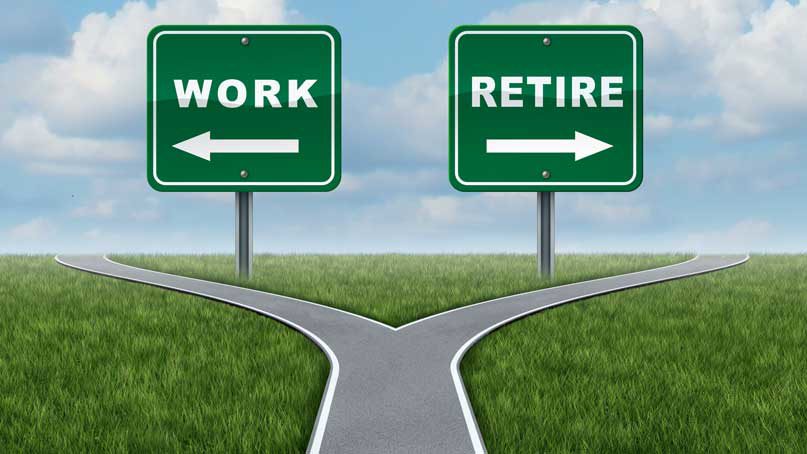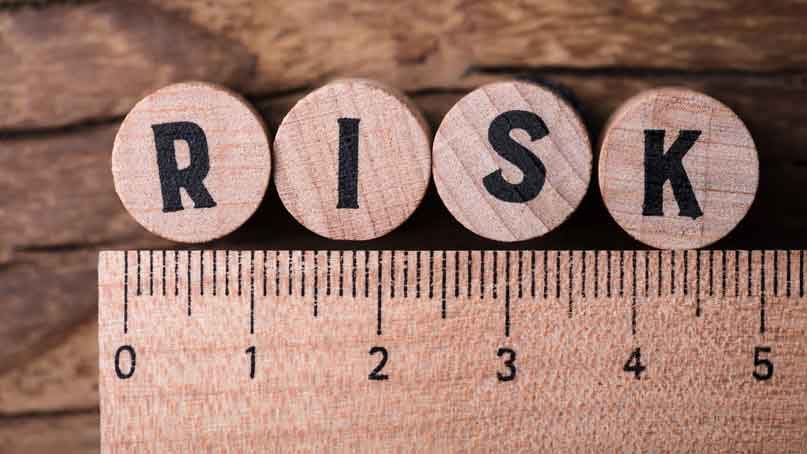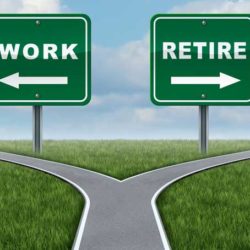Given that all our online behavior is tracked, I must be tagged as a cynic, pessimist or doomsday thinker because several posts about the negative aspects of the FIRE (financial independence, retire early) movement were suggested to me:
- Fortune wrote about early retirees feeling lost and unfulfilled.
- Gobankingrates.com was even more to the point with their take: I Retired Early And Regret It (subtitle: Why I Went Back To Work To Continue Building Wealth).
- Ramit Sethi is not a Negative Nelly on FIRE and presents a healthy, balanced approach to money. Still, one of his podcast episodes was suggested to me in my YouTube queue, and it was fascinating: We achieved FIRE with $4.3M. Why can’t we enjoy it?
Sidebar: I only go to YouTube to listen to classical music and Abraham Hicks. How did they know this particular podcast episode would appeal to me? And I really did enjoy it!
The downsides of FIRE are #firstworldproblem

While the published titles seem to suggest that FIRE may not be as worthy a pursuit as one might initially think, when you dig into the examples from Fortune, Gobankingrates.com and the podcast, you see people who are quite well off with serious #firstworldproblem issues.
The financially independent people that were profiled reported feelings of ambivalence, guilt at not working (what do I say I do all day?), lacking challenge and/or fear of financial ruin if they mismanage what they have.
These are 100% legitimate concerns. Your feelings are your feelings, of course. Still, I’d rather have $4.3 million and battle the fear of spending it, than have to make do with 100 times less than that like the average American household. (The average amount in transaction accounts is $41,600, as per Business Insider and the most recent Fed Reserve Survey of Consumer Finances.)
It’s hard when you’re surrounded by hustle culture
I continually battle a negative internal dialogue about what makes a day productive when you’re no longer working for money. All of the financially independents profiled went back to work or decided not to stop working, even when they could. We are a work-first culture — one of the first questions, if not the first, you often hear even at a social, non-work event is, “What do you do?”.
Surprisingly, none of the profiles mentioned volunteering as an option. There is so much need in the world that, if you’re really all set financially, why not volunteer? You’ll be challenged, lose the guilt of not working and have interesting responses for the invariable “What do you do?” question.
Up until I was sidelined with shingles, I spent three years on the fundraising and outreach committee (much of the time as a team of one!) for a non-profit that provides free coaching and workshops to small businesses. Our clients are aspiring entrepreneurs, solopreneurs looking to sustain and established small businesses looking to scale. Hundreds of non-owner jobs are created each year by our clients, contributing significantly to the local economy.
The uncertain market makes living off your FIRE portfolio a riskier bet

Volunteering may not appeal to the financially independent if they still feel a need to continue building wealth. Scott and I have continued with part-time work because, like the other financial independents profiled, there are rewarding and enjoyable reasons to work. But we also work to push out the date when we’re exclusively relying on our portfolio. We do spend some of our rental income (rather than reinvesting it into buying more properties), and we have tapped our paper assets. Watching the balance tick down when you withdraw is scary, especially when the market also makes the balance go down at times.
That said, this is still a #firstworldproblem, since going back to work isn’t a sure bet either. White collar workers are expected to be most impacted in the event of recession. While ChatGPT is putting the threat of AI front-and-center now, I wrote about the dangers of AI (and therefore the need to achieve financial independence) years ago.
Maybe your FIRE number needs to be higher than you initially thought given the uptick in inflation and the market volatility, but at least your nest egg, that is likely orders of magnitude higher than the typical household, can be a strong foundation for compounding, for investing in income-producing assets, for launching a business or for working on your job search.
Achieving financial independence should be a priority – even if you never intend to retire

Naysayers be damned, I’m unequivocally Team FI.
Financial independence gives you choices. On the way to FI, you build savings that can buffer a volatile investment market and uncertain job market.
When you achieve FI, the potential problems with ambivalence, guilt, etc. can be managed by volunteering, working for joy, going into business for yourself or simply learning to ignore the bad feelings and embrace the abundance, freedom and excitement – i.e., the good stuff! – that achieving FI brings.


 We are Scott and Caroline, 50-somethings who spent the first 20+ years of our adult lives in New York City, working traditional careers and raising 2 kids. We left full-time work in our mid-40’s for location-independent, part-time consulting projects and real estate investing, in order to create a more flexible and travel-centric lifestyle.
We are Scott and Caroline, 50-somethings who spent the first 20+ years of our adult lives in New York City, working traditional careers and raising 2 kids. We left full-time work in our mid-40’s for location-independent, part-time consulting projects and real estate investing, in order to create a more flexible and travel-centric lifestyle.  Financial independence and early retirement is not something we originally focused on, but over time realized it was possible. Our free report,
Financial independence and early retirement is not something we originally focused on, but over time realized it was possible. Our free report, 








Caroline, I could not agree with you more. I’m not 100% sure I want to fully retire anytime soon (back when I was in a job I despised, I dreamed of lying on the beach all day, but now I’m not so sure I want that all day, every day) but I definitely want to be financially independent because of the choices it’ll give me. Thanks for writing such a great post!
Glad you liked the post! Having choices is definitely a game-changer.
In a country where most people don’t save enough for a comfortable future, articles talking about how having tons of money doesn’t result in contentment will attract many more readers. (And really–an article that reads: *I saved lots of money and now really enjoy life* doesn’t have much drama.)
Absolutely, saving and investing for the future will pay dividends, even if you don’t hit “your number” early. No one ever faced with an emergency, a layoff, a surprise move, ever regretted having a little extra cash to help manage the costs.
Yes, I hear you that writers respond to what readers will click on. And with the upswing in popularity of the FIRE movement it only makes sense that there would be a counterpoint/ backlash. Still I think even a critical article should mention your excellent reminder — no one facing a financial emergency ever regretted having extra cash!